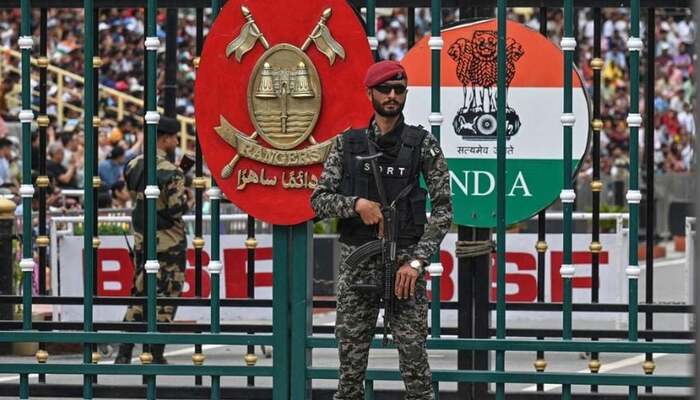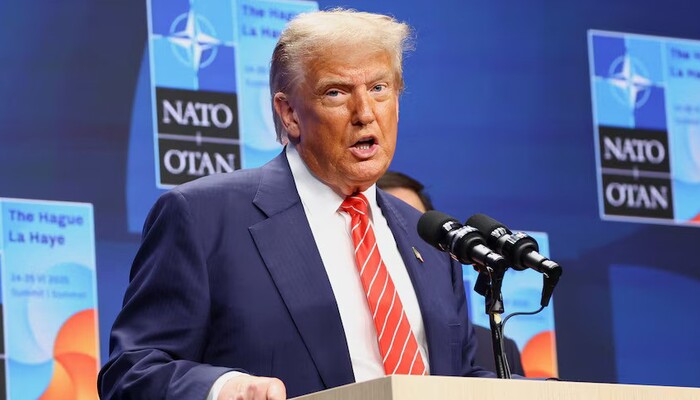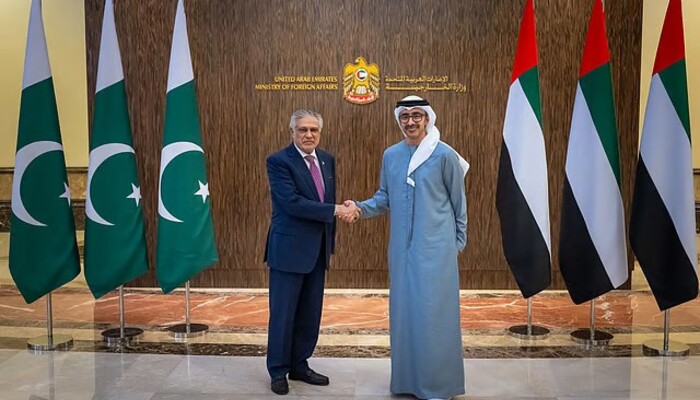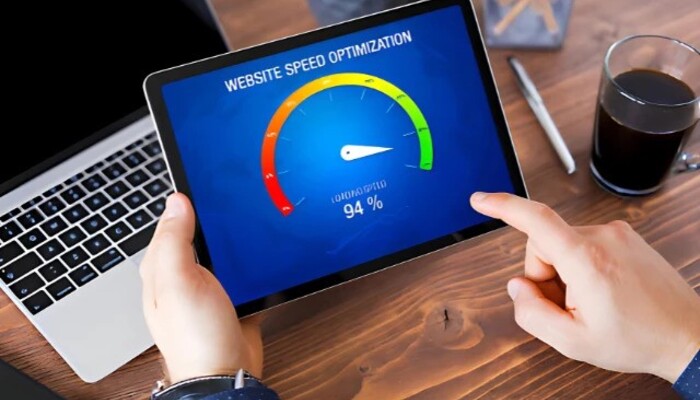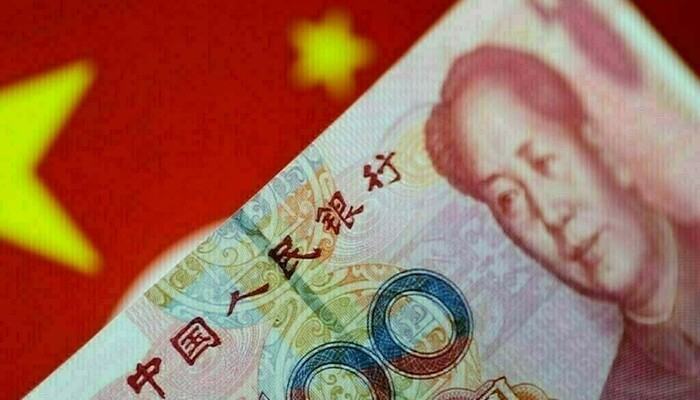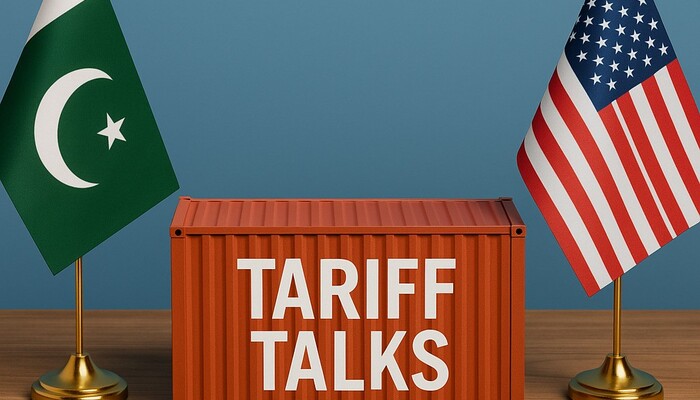
Pakistan and the United States are close to finalizing a key trade agreement centered on reciprocal tariffs, as both sides aim to deepen economic ties and balance trade relations. The breakthrough follows a virtual meeting between Finance Minister Muhammad Aurangzeb and US Commerce Secretary Howard Lutnick, with talks set to conclude next week.
Progress on Trade Talks
The finance ministry confirmed that both countries expressed satisfaction with the ongoing negotiations. Discussions have centered on reducing US-imposed tariffs on Pakistani exports while expanding access for American goods in Pakistan. Technical-level talks are now in their final stages.
Pakistan currently faces a 29 percent tariff on its exports to the US—measures imposed during former President Donald Trump’s term to penalize countries with significant trade surpluses. Pakistan’s surplus with the US stood at $3 billion in 2024.
Read: Housing Crisis Deepens for Working Women in Islamabad
Strategy to Ease Tariff Burden
To counter high tariffs, Pakistan has proposed increasing imports of US goods such as crude oil. The government has also signaled openness to deeper American investment, particularly in the mining and energy sectors.
As part of the strategy, Islamabad is offering attractive incentives for US companies. These include potential concessions in large-scale projects like the $7 billion Reko Diq copper-gold mine.
Investment and Long-Term Vision
This week, both governments co-hosted a webinar to attract investment into Pakistan’s mineral sector. The event featured senior officials and US investors, highlighting opportunities for public-private partnerships and regulatory reforms.
One key focus was the Reko Diq project, which could play a pivotal role in US-Pakistan commercial cooperation. The US Export-Import Bank is reviewing financing proposals ranging from $500 million to $1 billion to support the project.
Road Ahead
According to the finance ministry, the two countries are not only working toward a short-term tariff resolution but also developing a long-term strategic investment partnership. This initiative could signal a shift in Pakistan’s trade policy as it seeks greater integration with Western markets.
Follow us on Instagram, YouTube, Facebook,, X and TikTok for latest updates



